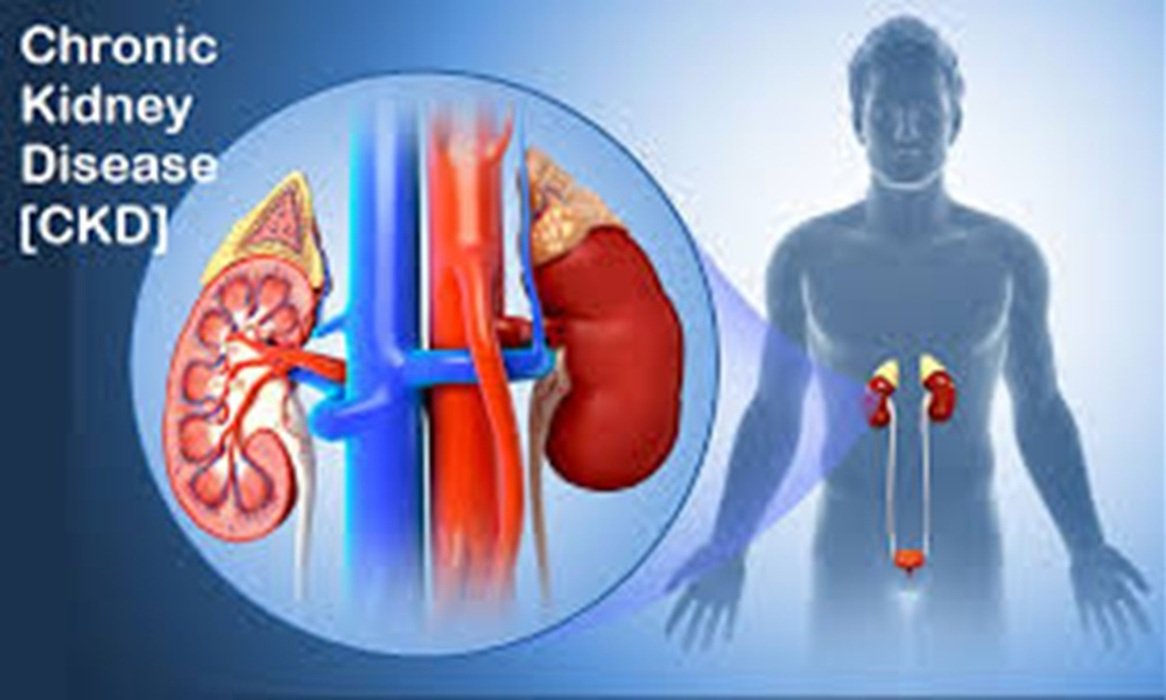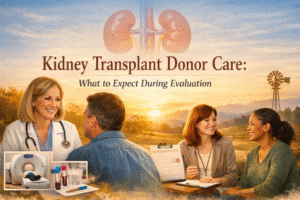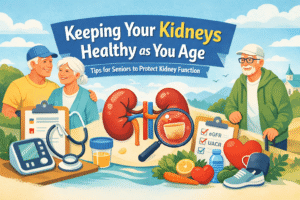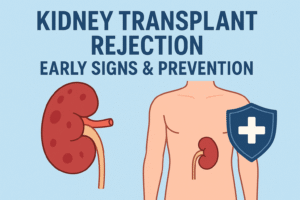Understanding Chronic Kidney Disease Matters
Your kidneys do a lot more than people think. They filter waste, balance fluids, and help control blood pressure. When they start to weaken, the signs can be subtle. That is what makes chronic kidney disease so tricky—it often progresses without clear warning.
But knowledge changes everything. Learning how this condition works gives you a better shot at slowing it down. Whether you are watching for early signs or already managing kidney issues, understanding the stages, symptoms, and treatment options helps you move forward with clarity and confidence.
The 5 Stages of Chronic Kidney Disease
Chronic kidney disease does not happen overnight. It develops in stages, each with its own signs and treatment focus. Knowing the stage helps your care team build the right plan for you.
Here is how the stages break down:
- Stage 1: Kidneys work well, but there may be early damage. No major symptoms appear yet.
- Stage 2: Mild loss of function. Blood tests may show slight changes.
- Stage 3: Moderate decline. Fatigue, swelling, or changes in urination may appear.
- Stage 4: Significant damage. You may feel tired more often or notice appetite loss.
- Stage 5: Kidneys can no longer filter waste. This is end-stage kidney failure, often requiring dialysis or transplant.
Early detection makes a real difference. With regular checkups and focused chronic kidney disease care, it is possible to slow down or manage progression.
Common Symptoms You Should Not Ignore
In the early stages, chronic kidney disease can feel invisible. But as the condition progresses, your body sends clear signals. Paying attention to those signs can help you act sooner.
Watch for:
- Swelling in your legs, ankles, or around the eyes
- Fatigue that does not improve with rest
- Changes in urination—more frequent, less frequent, or foamy
- Shortness of breath from fluid buildup
- Muscle cramps or twitching
- Nausea or loss of appetite
- Dry or itchy skin that does not go away
These symptoms may seem small, but together, they can point to a bigger problem. At South Oklahoma Kidney Center, we help you connect the dots early and clearly. Knowing what to look for gives you the power to take control.
How Chronic Kidney Disease Is Treated
Treatment for chronic kidney disease depends on how far it has progressed. The goal is to slow down the damage and support your kidneys as much as possible. Early action often leads to better outcomes.
Here are the most common treatment approaches:
- Blood pressure management—Keeping pressure under control protects your kidneys
- Blood sugar control—for patients with diabetes, this helps reduce added strain
- Medications—Some drugs help reduce protein in the urine or ease inflammation
- Diet changes—Lowering sodium, potassium, and phosphorus can ease the kidney workload
- Lifestyle adjustments—regular exercise and quitting smoking—can support long-term health.
Every care plan looks different because every person is different. At South Oklahoma Kidney Center, treatment is tailored to your needs. Our chronic kidney disease specialists focus on progress, not panic.
Lifestyle Habits That Support Kidney Health
Your daily habits make a bigger impact than you might expect. When managing chronic kidney disease, the right choices can slow its progression and boost how you feel.
Focus on these habits:
- Drink water regularly, but follow your provider’s fluid guidelines
- Cut back on sodium to reduce fluid buildup and ease blood pressure.
- Stay active with walking, stretching, or light exercise.
- Avoid smoking and limit alcohol intake.
- Stick to your medications and follow-up appointments.
These actions build a foundation for stronger kidneys. You do not need to overhaul your life overnight. Small, steady improvements are often the most powerful. At South Oklahoma Kidney Center, we help you build a routine that fits your health and lifestyle goals.
Take Control With Chronic Kidney Disease Management
Living with chronic kidney disease does not mean losing control. With the right information and support, you can stay ahead of complications and protect your health.
At South Oklahoma Kidney Center, we guide you through every step—from early diagnosis to personalized treatment plans. Our chronic kidney disease management services help you understand your condition, monitor changes, and take action with confidence.You deserve care that sees the full picture. If you are ready to take the next step, our team is here to support you. Start your journey toward better kidney health today.




